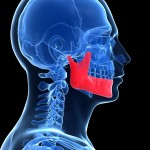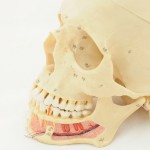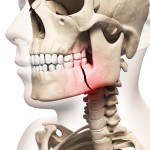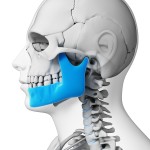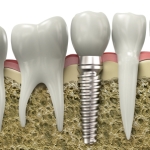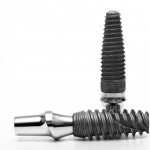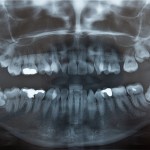
This review of antibiotic prophylactic treatments in relation to the risk of developing dry socket (DS) and site-specific infection (SSI) after lower third molar extraction included 16 RCTs. Antibiotic did reduce the risk of DS and SSI in health patients but the number needed to treat (NNT) was high so the use should be considered only after a careful assessment of an individual patient’s risk.
[read the full story...]
